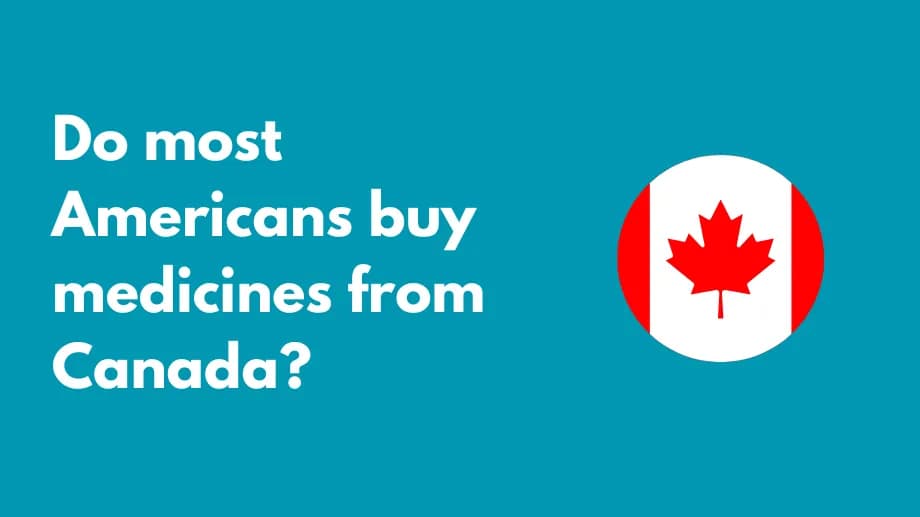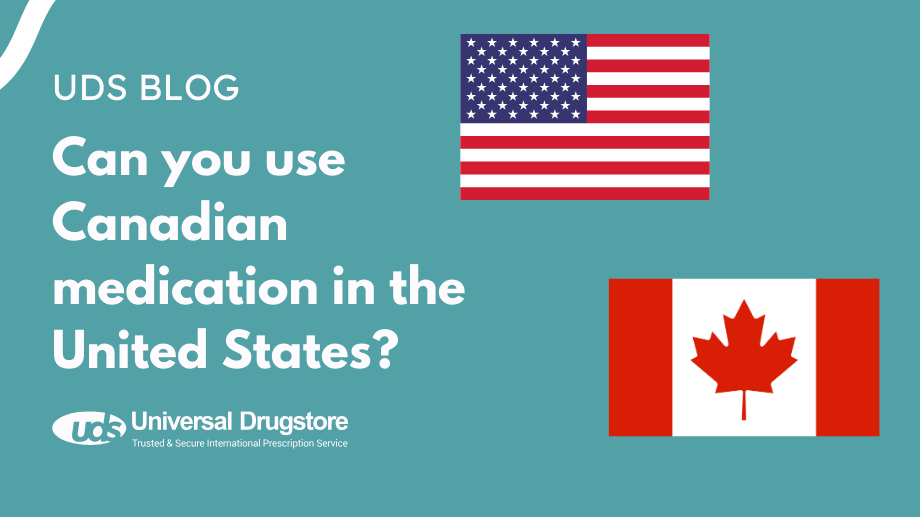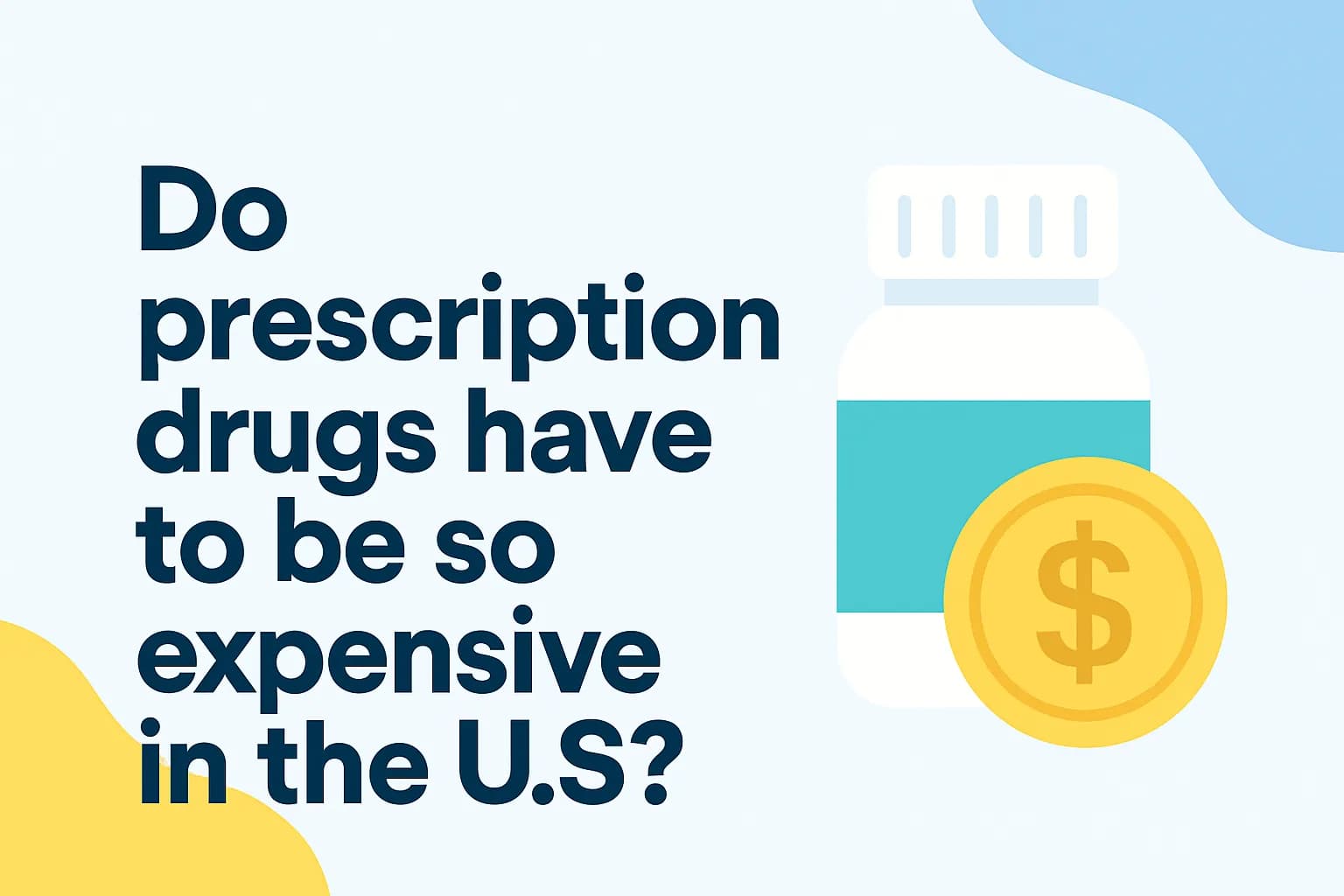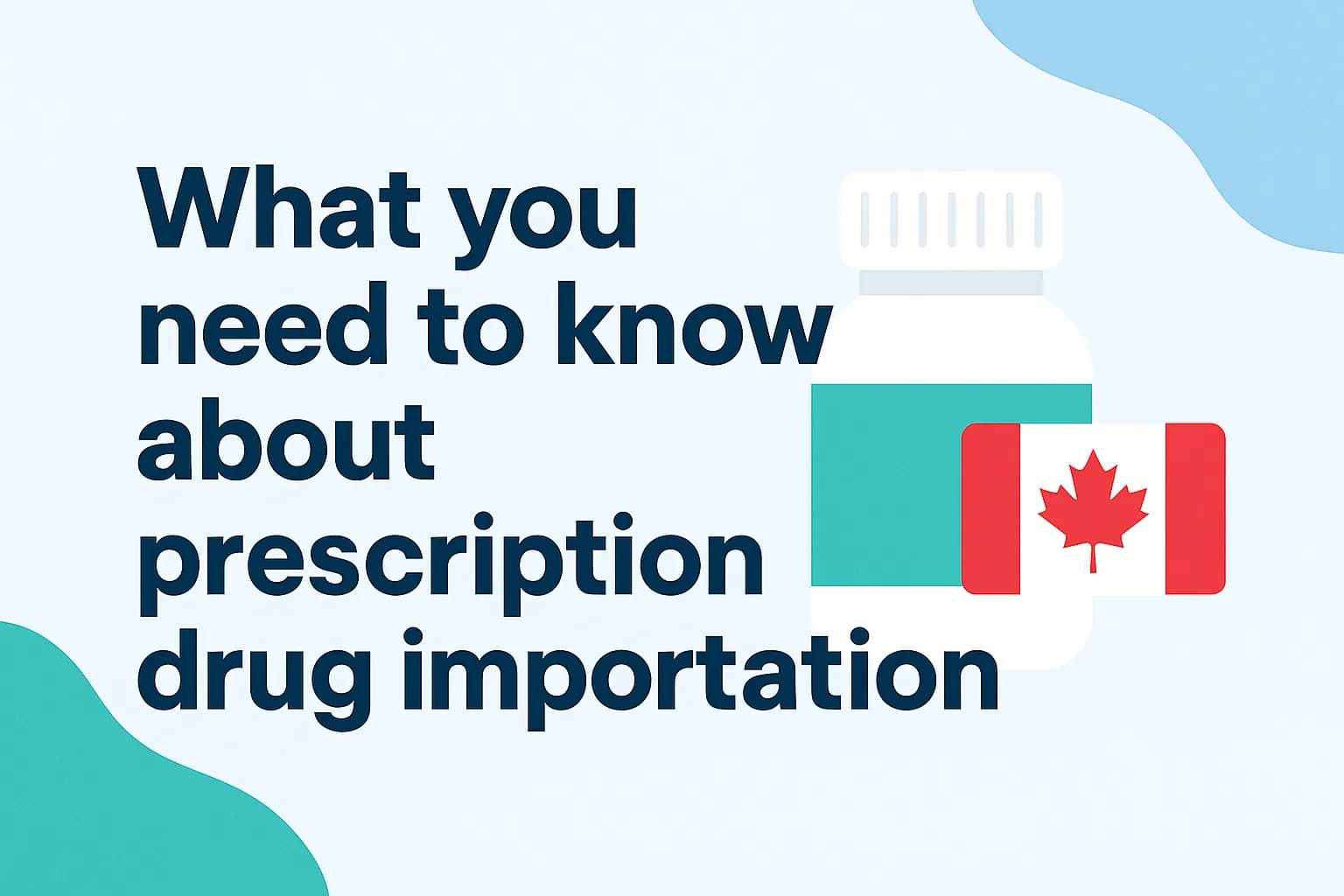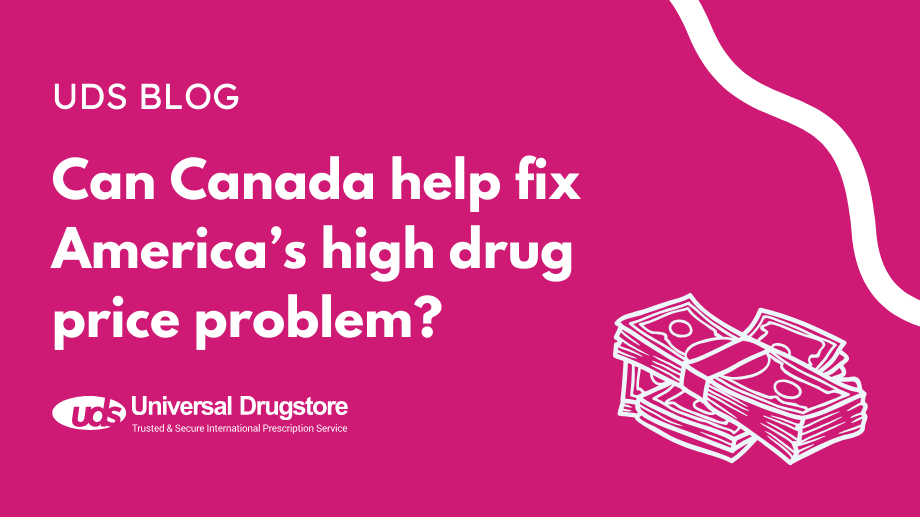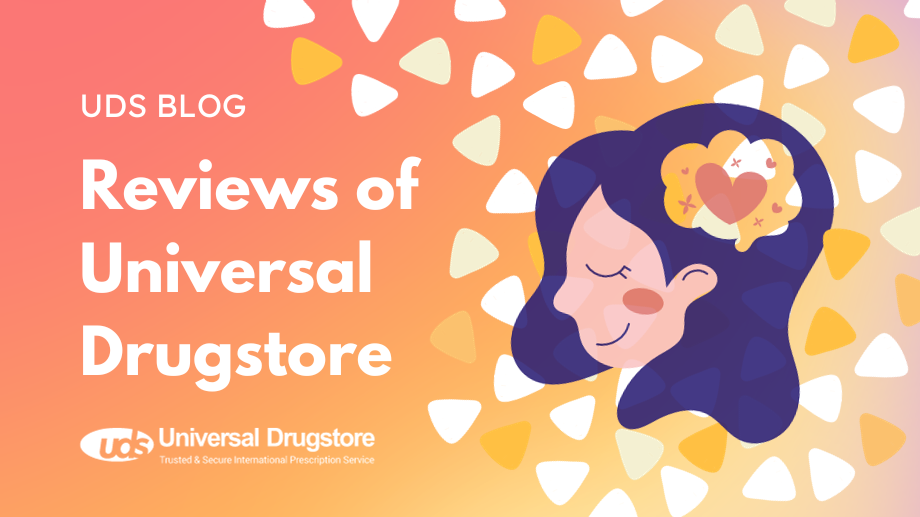What you need to know about prescription drug importation
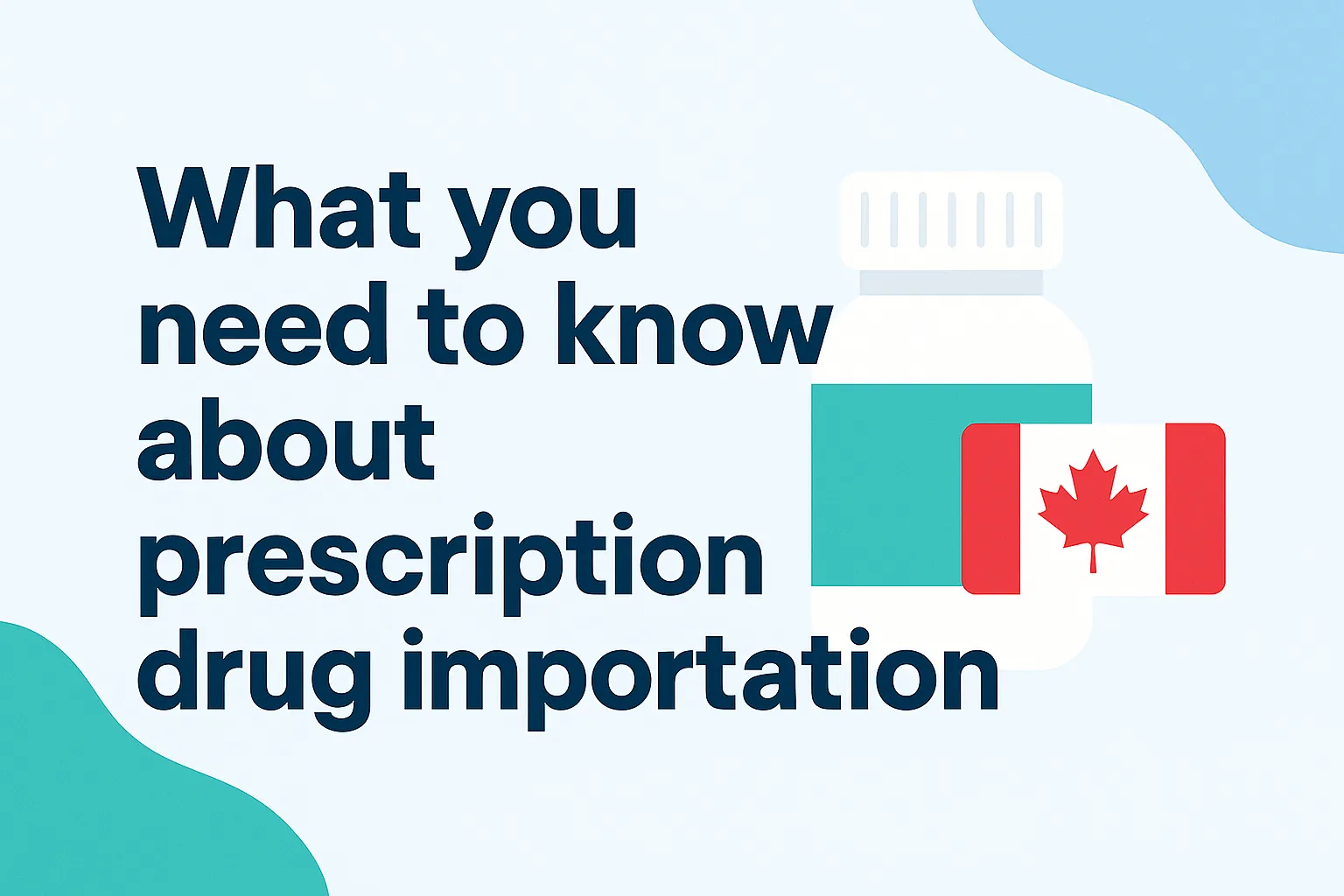
With the rising drug prices in the U.S., the possibility of importing prescription drugs from other countries at lower prices is back in the spotlight. Generally, the importation of prescription drugs that do not meet FDA standards is not allowed, even if it is for personal use. However, there are certain instances where you can order lower-cost prescription medications from pharmacies in foreign countries. Keep reading and we will go in-depth about personal importation and the federal government importation plans that may help with the high cost of prescription drugs in this country.
What is the process for importing prescription drugs for personal use into the United States?
In a lot of instances, it is illegal for you to import FDA-approved prescription drugs from other countries for personal use. However, there are certain circumstances where you can import prescription drugs from a foreign seller, including:
- the drug is unapproved and intended for use for a serious condition and the effective treatment may not be available on the U.S. market due to any drug supply chain issues or shortages from the drug manufacturer;
- there is no known marketing of the drug to U.S. consumers by the drug’s distributor;
- the product is considered not to represent an unreasonable risk;
- you confirm in writing that it is for your personal use (generally not more than a 90-day supply) and provide the name and address of the doctor licensed in the U.S. responsible for your treatment with the product or provide evidence that the product is for the continuation of treatment begun in a foreign country.
If a drug product is not for the treatment of a serious condition and there is no known safety concern (over-the-counter, OTC), you can import the medication.
For controlled substances, the Drug Enforcement Agency (DEA) and U.S. Food and Drug Administration (FDA) will generally make the final rule on whether they will allow them to be imported for personal use. Visit the DEA website for additional information.
The reason for such stringent rules is to ensure the safety of the American public. There have been instances where people have died from taking contaminated fake drugs purchased online without a doctor or pharmacist’s supervision. Be sure to order from well-reviewed pharmacies that you have researched.
Can you purchase or bring biological or medical device products from a foreign country to the U.S.?
The same criteria apply to biological products and medical devices as human drug products.
What should you know about the FDA’s decision to allow Florida to import prescription medications from Canada?
Since 2003, the FDA has had the authority to allow wholesale importation of prescription drugs from Canada, thanks to the Medicare Prescription Drug, Improvement, and Modernization Act passed by Congress.
In 2020, the Department of Health and Human Services (HHS) issued a final rule to implement part of a federal law called the Federal Food, Drug, and Cosmetic Act (FD&C Act) that will allow states to import prescription drugs from Canada. It is a pathway that was developed by former President Trump and then executed by President Biden in 2024.
This pathway, which is known as the Section 804 Importation Program (SIP), is currently only approved for Florida. Several other states, including Colorado, Vermont, Maine, New Mexico, New Hampshire, North Dakota, and Texas have enacted laws to establish drug importation programs and are trying to gain approval to import Canadian drugs as well. These SIP proposals must be submitted and approved by the FDA before implementing their program.
In order to gain its approval, Florida had to specify:
- The medications it wants to import.
- The seller in Canada that is purchasing the medication directly from its manufacturer.
- The U.S. importer buying the medication directly from the foreign seller in Canada.
- The re-packager or re-labeler of the medication that would make sure it meets all labeling requirements in the United States.
- The lab testing for drug safety and authenticity.
- Steps that the SIP would take to make sure the supply chain is secure.
Florida is attempting to import 14 medications that treat mental illness, HIV/AIDS, prostate cancer, and urea cycle disorder to begin with. In Florida, the imported medications will only be available for those receiving services through county health departments, people living in certain state facilities, and people with Medicaid. When implemented, this program should result in a significant reduction in drug costs to those who can participate.
While certain healthcare organizations are opposing these programs, former HHS Secretary Alex Azar has said that the importation of prescription medications poses no additional risk to public health and safety and would lead to significant cost savings for American consumers.
Sources
- Importation of Prescription Drugs. Federal Register. Accessed May 30, 2024.
- What to Know About the FDA’s Recent Decision to Allow Florida to Import Prescription Drugs from Canada. KFF. Accessed May 30, 2024.
- FAQs on Prescription Drug Importation. KFF. Accessed May 30, 2024.
- What Should Prescribers and Policy Makers Know About US Drug Importation? AMA Journal of Ethics. Accessed May 30, 2024.
- Scheckel CJ, Vincent Rajkumar S. Drug importation: limitations of current proposals and opportunities for improvement. Blood Cancer J. 2021 Jul 15;11(7):132. doi: 10.1038/s41408-021-00522-3. PMID: 34267190; PMCID: PMC8282604. Accessed May 30, 2024.
